I’m back after a hectic work period (my apologies for the sparse posts!) I return with a renewed commitment to this blog, aspiring to practice a lesson I’ve recently learnt: do less, plan and reflect more! Today I’d like to tackle the importance of reflection when setting professional development goals. Reflection, at least in my own experience, has led to goals, and goals have led to more reflection.
Really? But how easy is it for goal-setting to become more of an obligation and less about reflection? We all have had our share of the mandatory project goals and objectives. Am I pushing it, asking us to stop and draft more goals—this time, personal ones, for professional development? Let’s re-visit the value of the reflective process.
How to Get to Where You are Going: Look back
Yes, goals help get us where we are going. But how do we set meaningful professional development goals? Recently, I found—okay, I’ll I admit it—an unused, old graduation gift. A journal. Scrawled inside the front cover was a note, something to this effect: “Write down your experiences. Looking back will help take you where you should go.”
Reflection Helps to Craft Customized Goals
- Consider major events in the past: accomplishments/successes and set-backs/conflicts.
- Then match these up with your professional strengths and weaknesses: growth opportunities!
- Keep building on past experiences as you set professional development goals, until…voila! there it is, a customized goal.
It is so easy to compare ourselves with others and to try to make their goals ours. But as we, perhaps unconsciously, set out to out-do the goals of the Joneses of the non-profit world, might we be setting ourselves up for failure? Your professional development goals have to be yours—custom-designed for you and your work context.
Try not to be discouraged by set-backs or limitations. Last month consolation and insight poured in from discussing a set-back with a trusted friend and former co- worker—alright, maybe it also helped that she came bearing gifts— home-made raspberry preserves. I learnt afresh that mistakes, limitations and set-backs help me to learn and grow if I can let them go for a while and then turn them around to form tailored professional development goals.
First Stop for Setting Professional Development Goals: CES Competencies for Evaluation Practice
There has been an intriguing debate on EVAL TALK (the American Evaluation Association’s (AEA) list serve) over credentialing for evaluators. But whether or not you decide to get credentialed, still check out the Canadian Evaluation Society’s (CES) credentialing requirements. Jean King, Professor in the Department of Educational Policy and Administration at the University of Minnesota and Coordinator of the Evaluation Studies Program, stressed the importance of this resource during a past AEA Thought Leader discussion series. Pay special attention to the CES’s Competencies for Canadian Evaluation Practice. You might also find inspiration here at this CES webpage to craft a professional developmental goal or two.
So here’s a goal for this week:
I’ve been revisiting the CES Competencies and considering how I can hone these skills in my current work. Let’s look at the first competency domain: “Reflective Practice.” A worthy goal! Yet so hard to carry out in the frenzied and furious pace of the non-profit world (I exaggerate a bit). I’ve been guilty of do, do, doing and putting off reflection for later. But wouldn’t you agree that reflective practice is even more important in such an environment? One way I can weave “reflective practice” into my own evaluation work is by keeping a journal.
For example, this week my goal is to: 1. read the chapter on engaging stakeholders in Wholey and colleagues’ Handbook of Practical Program Evaluation, 2. apply it to my work by jotting down a lesson learned, coupled with a future objective for my evaluation practice. Simple, do-able, and measurable. The CES competency check-list also includes:
- networking and joining a professional evaluation organization and
- taking professional development courses.
Let’s tackle those topics in my next post.
So, any thoughts on professional development and goals? I’d love to hear from you!
————-
For more information about personal development, see the Free Management topic Personal Development.
_____________________________________________________________________________
Priya Small has extensive experience in collaborative evaluation planning, instrument design, data collection, grant writing and facilitation. Contact her at [email protected]. Visit her website at http://www.priyasmall.wordpress.com. See her profile at http://www.linkedin.com/in/priyasmall/



